Pigmented scars: Causes & Treatments
What could be worse than those pesky, angry red acne? The scars they leave behind! Just like that boring associate who tends to overstay their welcome, boring you with their opinion on everything under the sun, acne scars often do not disappear for an extended period.
There are two stages of pigmented scar
Inflammatory stage ( Red and inflamed scar)
Scar tissues look and feel differently because the appendages of the skin do not grow back. The hair follicles and pores are not visible on the scars, hence they look shiny and thinner.
How to recognize this stage?
RED SCAR – They are simply the initial stage of inflammation or then they are Hypertrophic scars, when there is lot of tension around a healing wound. These scars are thick and raised, and often red in colour.
BROWN SCAR- Scar exposed to sunlight during the healing process can cause the scar tissue to get pigmented.
What Can you Do?
Dr Rashmi Shetty says, “ At this stage, you must focus on calming your skin down. If you are on harsh ointments such as benzoyl peroxide or salicylic acid, tone them down. Secondly, moisturize your skin. Use calamine lotion or clay masks to calm your skin down.”
Treatments
1064 and a 5352 NdYag Laser
At Ra Skin and Aesthetics, we do a combination of lasers and peels that works wonderfully for scars.
Multipolar with RF: speeds up the production of new collagen and elastin. The radiofrequency give rise to currents that alternate high and low-frequency currents, minimum of a thousand times per second. This results in tightening the skin and promotes blood circulation by healing the deeper skin tissues to promote blood circulation.
Watch Now
View this post on Instagram
Micro-needling is a procedure that generates several minute injuries to the skin using needles using a derma roller, or automated equipment. Micro-needling can also be conducted in combination with radiofrequency. It works splendidly on acne scars, especially the pitted ones.
Watch the video for a detailed version of the treatment:
Watch Now
Ra Supplements that help reduce pigmented scars in the inflammatory stage
Ra Defence: Reduces inflammation
Ra Anagen: rebuilds & nourishes the skin and muscle fibres.
Post-inflammatory Hyperpigmentation- (PIH )-Black/ Brown/ grey scars
Post-inflammatory hyperpigmentation (PIH) is a hyper melanosis condition occurring after cutaneous inflammation or injury that can arise in all skin types, but more frequently affects skin-of-colour patients. A study in 2019 evaluating acne in skin of colour found that 48.4 per cent of Asian patients developed acne-induced PIH.
How is PIH caused?
PIH is caused due to overproduction of melanin or a non-uniform dispersal of pigments after cutaneous injury.
The area where there are excess pigments within the layers of the skin determines its colour.
How to recognize this stage?
GREY SCAR- A grey pale or bluish tint to the skin are due to tissue response to injury – we call it PIH .
BLACK MARK- Black mark on the face result from hyperpigmentation, which is a common skin condition that occurs when the skin produces too much melanin.
The good news is there are several safe and effective treatments for PIH chemical peels, and laser and light therapy.
Treatments
Q Switched Laser: It penetrates deep into the skin to remove black or deep brown pigments on the skin. At Ra, we use FDA approved Medlite and other equipment that have similar technologies like Revlite and Tribeam.
Supplements that can help in reducing PIH
Ra Vitamin C: stimulates collagen
Ra Hydrate: restores skin elasticity, preserves moisture, improves hydration
Ra Defence: reduces inflammation
Delays in seeking out the right treatments can increase the intensity of acne scarring.
Credit: Audio notes provided by Dr Rashmi Shetty
Dr Rashmi Shetty, a specialist dermatologist, is an international speaker, teacher, and author with over 18 years of aesthetic and clinical dermatology experience.
For more such tips and information from Dr Rashmi Shetty, follow her on
https://www.instagram.com/ drrashmishettyra/
https://www.quora.com/profile/ Rashmi-Shetty-297
You can also call on 09833055236 to book an appointment
If you have any questions or clarifications after reading this article, please comment.
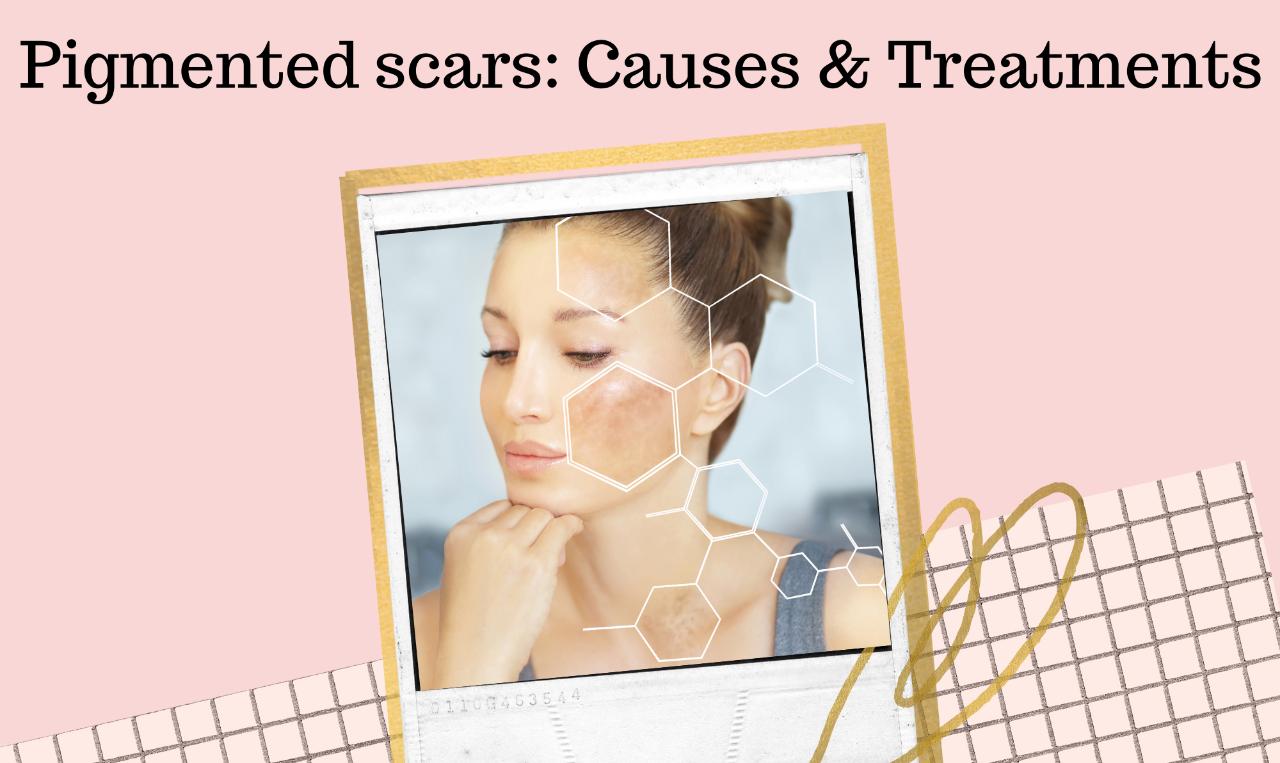

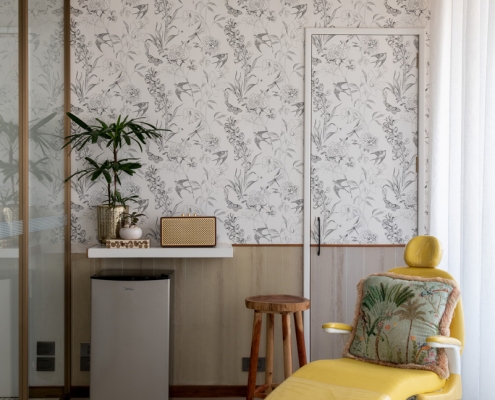


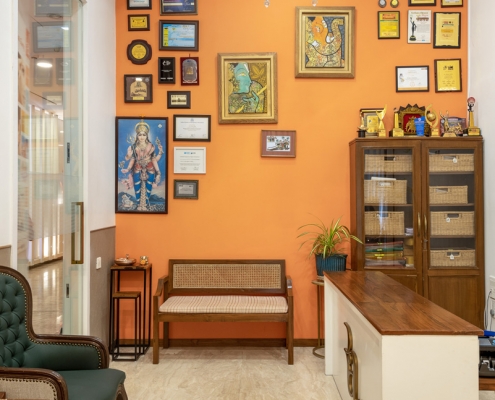
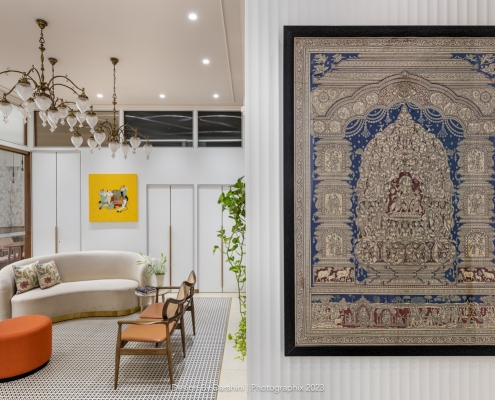
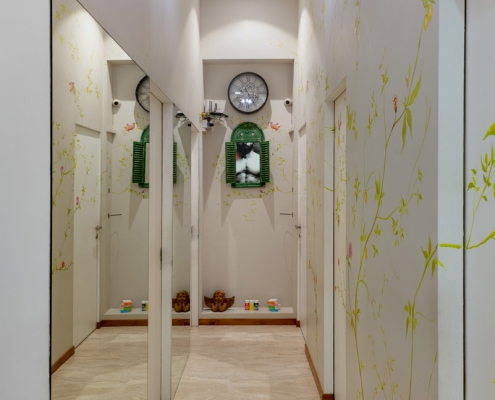
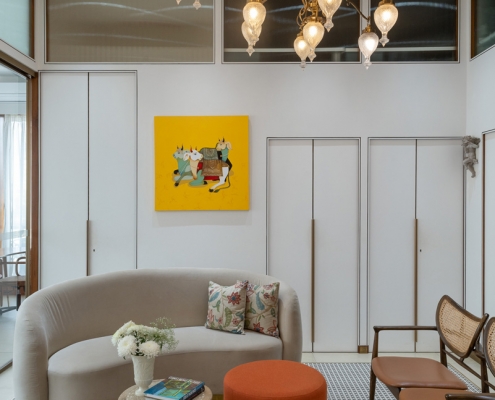

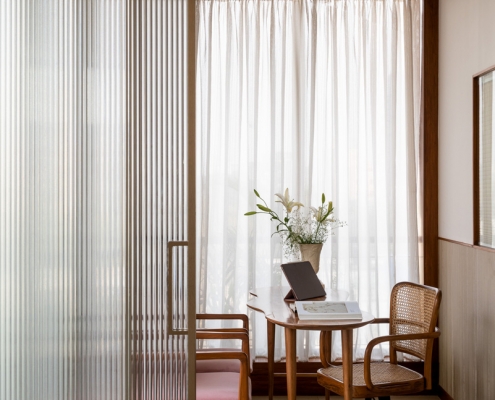

Leave a Reply
Want to join the discussion?Feel free to contribute!